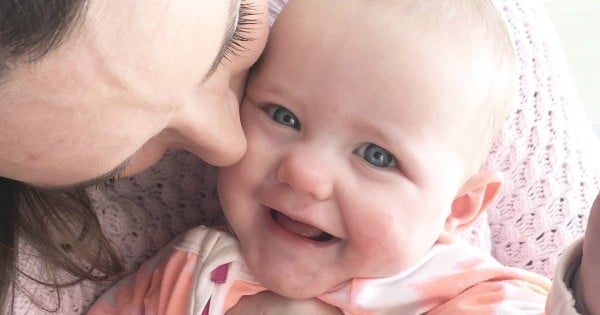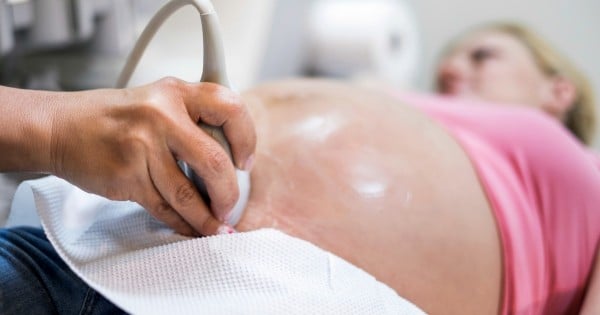If you’re looking for advice about options surrounding fertility, pregnancy or counselling, always consult your doctor.
‘Family’ are the people who are your kin, your closest, the people you trust more than anyone else. They are the ones who forgive you when no-one else could, and support you when no one else can. They are your bank loan, your counselling session, your personal chef, and careers guide all in one.
Indeed, many of the people you call family won’t always be related by blood.
But when it comes to infertility, this concept of ‘family’ becomes even more complex than it already was. For a couple looking to conceive, the emotional implications of family can be overshadowed by more scientific definitions: genes, eggs, ovaries, sperm.
There is a strong desire from many couples to have a child that comes from their own gene pool.
Emotion and genetics tangle together to form an impossible task: asking a sibling, cousin, or other relative to donate their own DNA through sperm or egg donation, or surrogacy, to help you start a family.
So where do you possibly begin?


